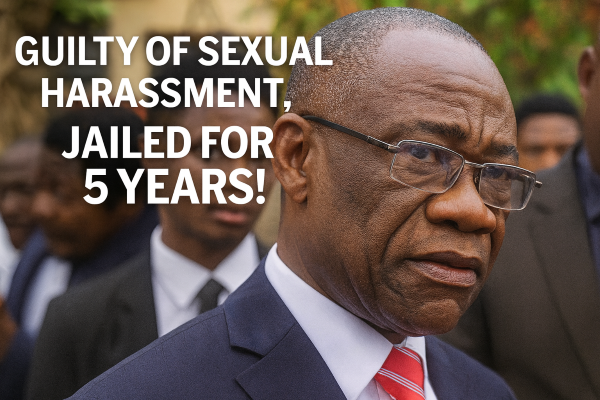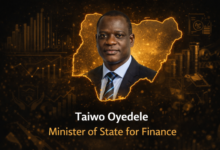UNICAL Sex Abuse Scandal: Why Prof. Cyril Ndifon Was Jailed 5 Years

In one of the most consequential judgments in Nigeria’s fight against sexual harassment in higher institutions, the Federal High Court, Abuja, has sentenced Prof. Cyril Ndifon, the suspended Dean of Law at the University of Calabar (UNICAL), to five years imprisonment—a landmark ruling that reasserts the judiciary’s role in protecting vulnerable students and restoring accountability in academia.
Justice James Omotosho delivered the ruling, convicting Ndifon on two key counts of sexual harassment, holding that the Independent Corrupt Practices and Other Related Offences Commission (ICPC) proved the allegations beyond reasonable doubt.
The judge described Ndifon’s conduct as a “gross abuse of office and predatory exploitation of power”, stressing that the court could not accept his testimony as truthful.
Predatory Conduct Unmasked: What the Court Accepted as Proven
The prosecution established that:
- Prof. Cyril Ndifon pressured a female diploma student (identified as TKJ) to send pornographic and obscene photos through WhatsApp.
- He repeatedly demanded oral sex as a condition for helping her secure admission into the Law programme.
- He exploited his position as Dean to demand sexual favours from students desperate for academic progression.
Justice Omotosho held that the evidence demonstrated clearly that Ndifon weaponised his authority to coerce vulnerable students, noting:
“The 1st defendant is not a witness of truth. He abused his office. His acts must be condemned.”
The court sentenced him to:
- Two years imprisonment (Count 1)
- Five years imprisonment (Count 2)
Both to run concurrently.
Why Ndifon’s Lawyer Was Acquitted
Co-defendant Sunny Anyanwu, a lawyer previously on Ndifon’s defence team, faced charges of attempting to derail justice by calling the star witness to discourage cooperation with ICPC.
However, the court found no direct evidence linking the call to an attempt to influence an ongoing investigation, concluding that the call happened months before formal prosecution began.
He was discharged and acquitted on both counts relating to obstruction.
Still, Justice Omotosho reprimanded Anyanwu for grave professional misconduct, warning that contacting a witness in such circumstances violates the ethics of legal practice.
A Case That Tested Nigeria’s Resolve on Campus Sexual Abuse
Ndifon’s prosecution began after growing reports from female students accusing him of systematic harassment—allegations that sparked national outrage and revived debates about the pervasive abuse of authority in Nigerian universities.
The ICPC’s case followed:
- Testimonies from multiple female students
- Forensic digital evidence
- WhatsApp records
- Expert analysis from the Office of the National Security Adviser
Despite a no-case submission, the court ruled that the evidence was compelling.
Justice Omotosho lamented:
“It is dismaying that a Dean of Law turned himself into a sexual predator.”
He stressed that professors must model integrity—not predation—and insisted that the judgment would serve as deterrence to others who exploit institutional power.
BRANDECONOMY Insight
The Prof. Cyril Ndifon judgment signals a turning point in Nigeria’s legal response to sexual exploitation in tertiary institutions.
Three major implications stand out:
1. Judicial Backbone Against Academic Sexual Predators
This ruling reinforces that institutional prestige cannot shield offenders. The Nigerian judiciary is willing to impose criminal liability—not mere administrative sanctions—on academic predators.
2. Strengthening Students’ Rights in the Age of Academic Power Abuse
Students historically suffer in silence due to fear of retaliation. A conviction of this magnitude bolsters the fight for safer campuses and empowers student whistleblowing.
3. A Wake-Up Call for University Governing Councils
Universities must urgently strengthen internal disciplinary structures, digital reporting channels, and sexual misconduct frameworks in alignment with global best practices.
The era of “academic untouchables” is ending.
With this verdict, Nigeria draws a firm line: no authority figure is above the law—especially when student welfare is at stake.










